Is mainland China the only one interfering in the Taiwan elections?
While criticisms are levelled at mainland China for apparent interference in the upcoming Taiwan elections, it seems there is another less overt player - the US. Is it fair to only notice mainland China's actions while overlooking US efforts? Meanwile, as the ruling DPP continues to use "China's interference in the elections" as a means to deal with its political opponents, this might intensify cross-strait animosity that could be hard to reverse.
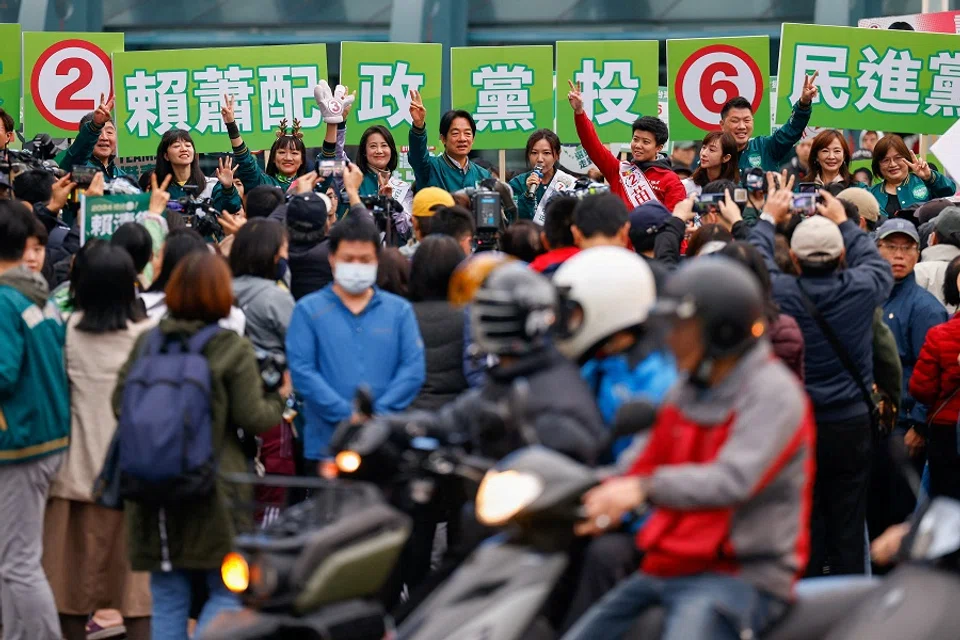
With the Taiwan presidential elections getting nearer, attacks, exposés and even scandals in the political arena are growing. On 2 January, a sexually explicit video suspected to involve Democratic Progressive Party (DPP) Legislator Lo Chih-cheng was leaked and circulated on the LINE messaging app.
Lo publicly denied that he was the man in the video, and claimed that the video was a deepfake and an attempt by foreign internet armies to interfere in the elections.
Lo is running for re-election as a legislator. While it is uncertain if this moral scandal will affect Lo's election chances, DPP presidential candidate William Lai Ching-te has personally stepped in and accused mainland China of "stopping at nothing" to interfere in the elections. He urged the public not to let whoever the mainland supports get elected, as a way to end China's interference.
Questions aplenty
In response, the pan-Blue camp immediately questioned how they could be sure that the mainland was indeed interfering in the elections without first conducting an investigation? Besides, if Beijing really wanted to interfere, why pick the lesser-known Lo? Would it not be more effective to target Lai himself?
Regardless of whether the mainland has indeed interfered, "election interference" has always been a convenient tool for the pan-Green camp to shift the focus.
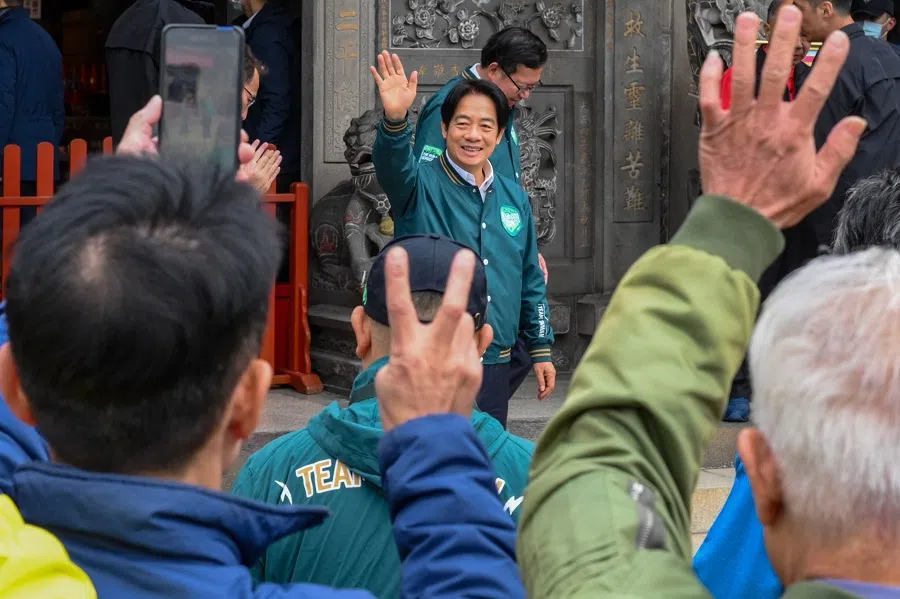
In fact, over the past six months of campaigns, doubts about "China's interference in the elections" have lingered in Taiwan, and it is not surprising that it is now being linked to scandals involving politicians from the pan-Green camp. Regardless of whether the mainland has indeed interfered, "election interference" has always been a convenient tool for the pan-Green camp to shift the focus. At the same time, international media are paying considerable attention to this topic as well.
In an exclusive report published at the end of 2023, Reuters quoted Taiwan security officers as saying that Chinese authorities pressured Taiwanese rock band Mayday to join China's media propaganda on Taiwan, in exchange for dropping a probe into claims of lip syncing.
In late December 2023, The Economist published an article about an incident in which Alice Ou, a teacher at Taipei First Girls' High School, had harshly criticised Taiwanese education officials of "de-sinicisation" by reducing the number of recommended classical Chinese texts in the high school curriculum. This topic was widely discussed on mainland Chinese social media platforms, with the title of The Economist article asserting, "China is stoking a controversy in order to influence Taiwan's election."
Interference or not?
Taiwan's ruling DPP, which has a strained relationship with Beijing, is also highly sensitive to the topic of election interference. In an article published in The Economist on 3 January, Taiwanese Foreign Minister Joseph Wu cited mainland Chinese military aircraft crossing the median line of the Taiwan Strait and Beijing removing tariff reductions on 12 Taiwanese petrochemical products to illustrate the mainland's blatant attempts at interfering in the elections.
He also criticised Beijing for setting up fake news websites, conducting fake polls, using fake social media accounts and inviting Taiwanese district chiefs on tours of China to manipulate public debate and opinion. He added that Taiwan will publish an analysis report to help fellow democracies "deal with malicious authoritarian influence" and soften their learning curve.
Isn't the US also paying great attention to the Taiwan election and exerting influence in its own way?
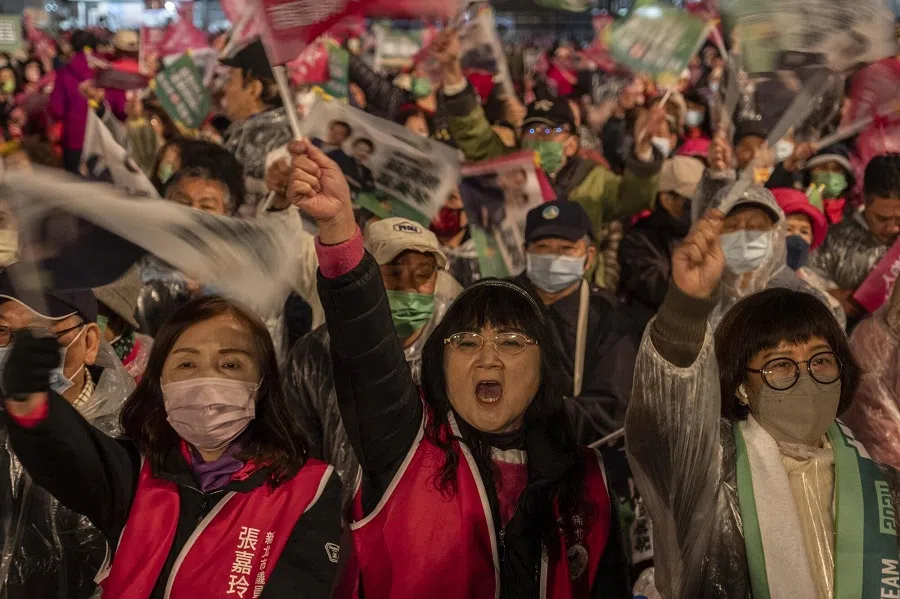
Are these examples of mainland interference in the elections? Clearly, Beijing's exertion of military and trade pressure on Taiwan is aimed at affecting the DPP's election situation - election interference in this aspect is plain for all to see. But the remaining cases have to be further studied and analysed. For example, was the mainland really involved in the Mayday incident? While it cannot be ruled out completely, there is insufficient evidence to reach a conclusion either.
From a different perspective, is Beijing the only one interfering in the elections? Isn't the US also paying great attention to the Taiwan election and exerting influence in its own way?
US also has a hand
For instance, for past Taiwan presidential elections, it was standard practice for the candidates of the two main parties to go to the US for an "interview". Before incumbent President Tsai Ing-wen took office, she visited the US in 2011 and 2015, and in 2011 she was publicly deemed to have not passed her first interview - a high-ranking US official back then anonymously made it known through the Financial Times that US officials clearly doubted Tsai's willingness and ability to maintain peace in the Taiwan Strait.
The US's "reservations" might not have a direct impact on Taiwanese voters, but it was enough to have an impact on Tsai's popularity within the DPP as well as the support she received from the various factions. In the 2012 elections, Tsai lost to Ma Ying-jeou who was seeking a second term. However, she was not defeated; Tsai visited the US in 2015 once more, eventually succeeding in the 2016 elections.
The second time around, Tsai was able to assuage any concerns that the US might have towards cross-strait issues - the US was satisfied that Tsai would not cause any accidents that would draw the US into a conflict in the Taiwan Strait, and would cooperate with the US on other issues such as arms purchases.
... if mainland China is truly interfering with the elections by hosting Taiwanese district chiefs in the mainland, this only shows how the mainland is lacking in terms of a contest of influence towards Taiwan.
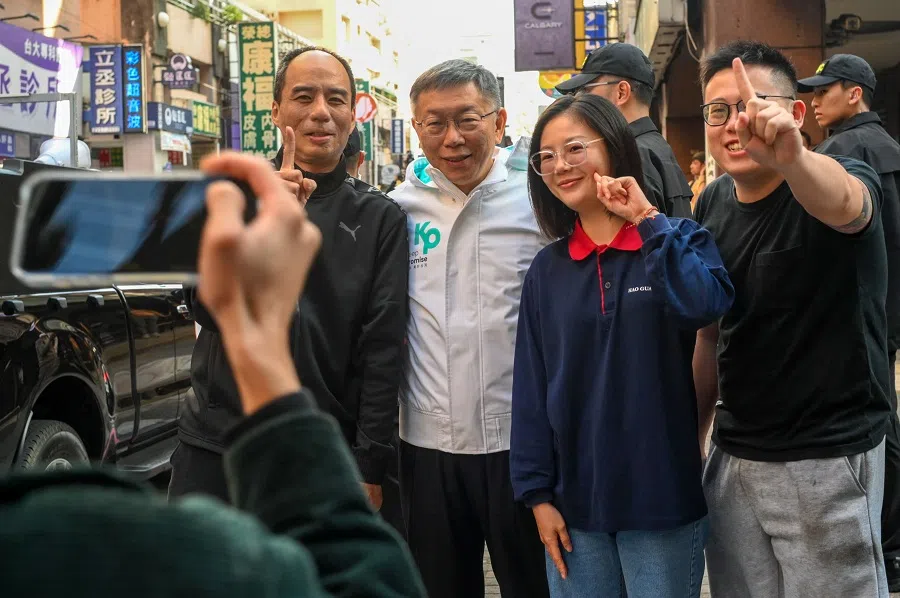
Prior to the elections this year, candidates from the three parties, William Lai, Hou Yu-ih, and Ko Wen-je, all visited the US in August, September and October respectively. Laura Rosenberger, chairperson of the American Institute in Taiwan, also made three visits to Taiwan last year, and it is believed that one reason for those trips was to "assess" the three candidates. Yet not many have commented that the US is "interfering in elections".
Double standards?
This could be related to the definition of "interference". The US interferes at the "superordinate" level. Politicians in Taiwan actively collaborate with it because nobody who requires US support can afford to have a strained relationship with the US.
On the other hand, having good relations with mainland China is both a boon and a bane for Taiwanese politicians. In the past few years, Taiwan's public opinion of mainland China has been on the decline due to various reasons, making it more of a negative association. In comparison, if mainland China is truly interfering with the elections by hosting Taiwanese district chiefs in the mainland, this only shows how the mainland is lacking in terms of a contest of influence towards Taiwan.
Could Taiwanese district chiefs be suspected of being part of the "united front" when they travelled to the mainland on a low tour fee? This is a controversial issue, but it has been ongoing for years. Prior to the elections, the DPP defined this as "China's interference in the elections", and initiated judicial means to investigate the matter - a move to weaken any pro-China inclinations in Taiwan's civil society as well as an assault on the Kuomintang's political power.
The DPP's ideology is inherently oriented towards "Taiwan independence", and if it remains in office, cross-strait relations would be even more contentious; however, that would also be the choice and will of the Taiwanese.
However, the scope of definition for "China's interference in the elections" is constantly being expanded, and bringing up such topics on a regular basis comes at a cost.
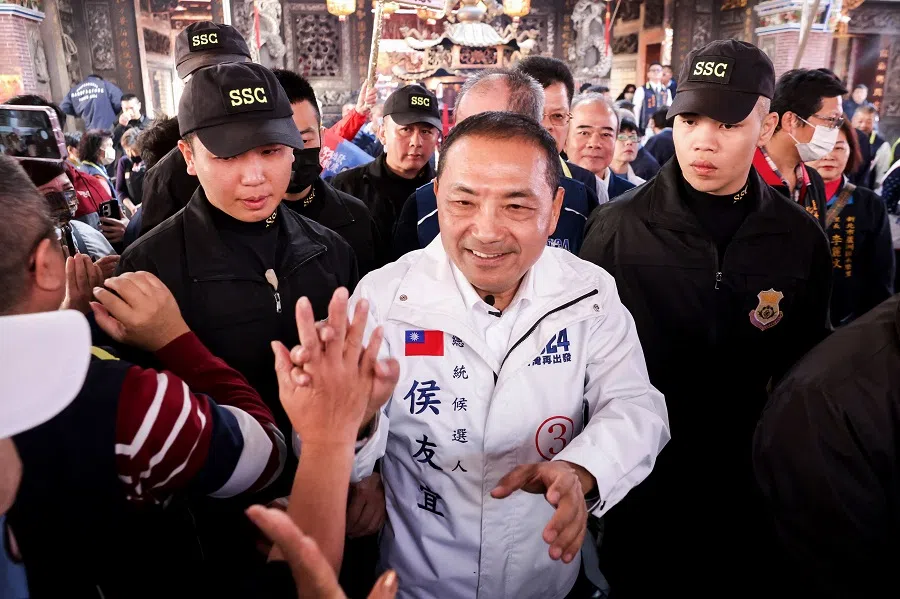
However, the scope of definition for "China's interference in the elections" is constantly being expanded, and bringing up such topics on a regular basis comes at a cost.
On the one hand, the DPP continues to use this as a means to deal with its political opponents, and this would intensify cross-strait animosity that could be difficult to reverse. On the other hand, the international media often underestimates the sensitive nature of cross-strait relations, framing relations between the two sides as "two countries" and conceptualising it as "democracy against autocracy".
If these simplistic moral judgement standards continue to be spread globally, then aside from the US intentionally inciting a war in the Taiwan Strait to stop the rise of China, the world could witness war breaking out between both sides of the strait - it would be a war nobody wants, but one that the US and other Western countries may be dragged into.
This article was first published in Lianhe Zaobao as "大陆对台介选 只有大陆吗?".
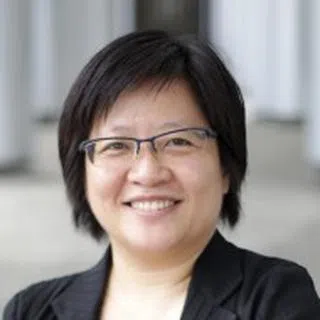


![[Big read] When the Arctic opens, what happens to Singapore?](https://cassette.sphdigital.com.sg/image/thinkchina/da65edebca34645c711c55e83e9877109b3c53847ebb1305573974651df1d13a)
![[Video] George Yeo: America’s deep pain — and why China won’t colonise](https://cassette.sphdigital.com.sg/image/thinkchina/15083e45d96c12390bdea6af2daf19fd9fcd875aa44a0f92796f34e3dad561cc)
